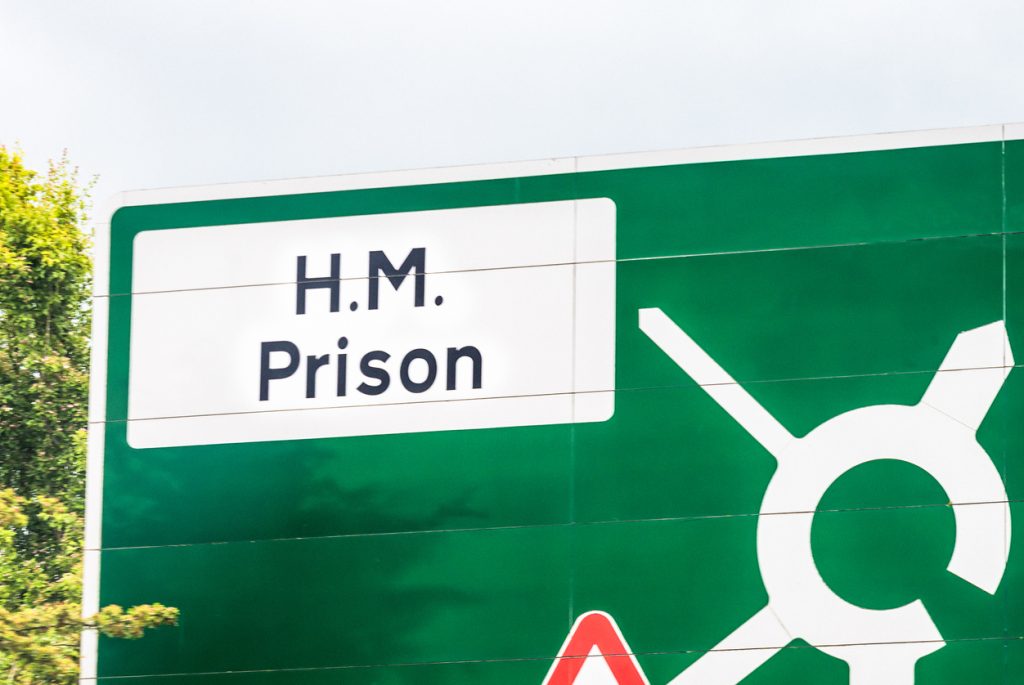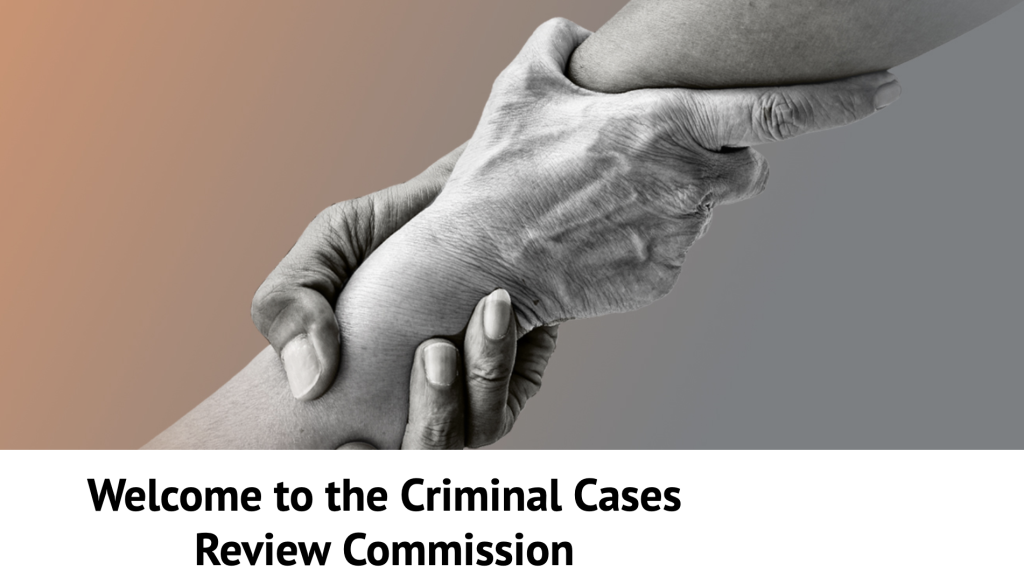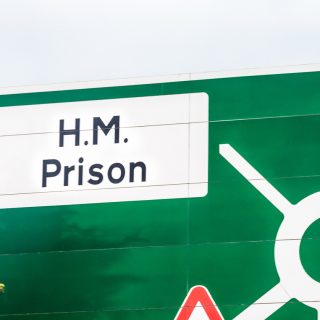As law students we spend our days studying, researching, and learning about the legal world. While the reasonings behind our studies vary, a (hopefully) shared aim to better both ourself and the world around us through law is apparent within the halls of City Law, and beyond. But what about when all goes wrong? What about when the law fails?

To find out more, I attended a fascinating lecture hosted by the UCL Centre for Criminal Law. The focus of the lecture was a new research paper soon to be published by Criminal Law Professor Kent Roach titled “The Comparative Study of Miscarriages of Justice in Light of the English Experience.” The paper was first briefly outlined by its author and was then thoroughly discussed by a panel of worthy respondents. Our esteemed guests this evening included Henry Blaxland KC of Garden Court Chambers, University of Brighton professor Dr. Jon Robins, Kings College London Reader in Criminal Law Dr. Hannah Quirk, and UCL Professor and Justice David Ormerod, CBE.
Now that we know the players, lets get back to the game at hand. What does it mean when one says that the law failed? Well, the law fails when a defendant is convicted of a crime despite a gross lack of evidence, leading to a deeply unfair judicial proceeding. In short, a miscarriage of justice ensues. These convictions inflict severe emotional and mental harm on the defendant and their loved ones. They can completely devastate the lives of innocent people and cause distrust in the legal system to grow. Such inappropriate wielding of the powers vested within legal authorities happens far more often than an optimistic law student would like to imagine.
When setting out his newest research project on miscarriages in law, Canadian native Kent Roach realised quickly the importance of a international comparative approach. In our globalised world, it is becoming incredibly common for national law practices to “rub off” on one another no matter which side of the Atlantic that they rest upon. The Canadian legal system, for example, “lives next to the United States and in the shadow of the United Kingdom.” As such a western-focused comparative study was deemed both appropriate and beneficial.

While my brief report of the evening focuses primarily on the United Kingdom, the importance of international comparison in legal Academia was a core component of the evening’s discussion. The need to be vigilant and critique your own work while being “critical friends” to other countries is crucial. For example, international pressure was critical for the overturning of the Birmingham Six conviction. As Dr. Jon Robins keenly pointed out, it is “striking but not surprising that we have quite a lot in common with international legal systems including devastation of wrongful conviction of peoples lives, and similar weaknesses within the courts.”
A few things can be learned from the system in place within the UK. It can be rather difficult to overturn wrongful convictions. To conduct a re-trial one needs referrals from the State, agreements from prosecutors not to oppose the trial and ample funding to conduct proceedings. Funding plays a key role in the Criminal Cases Review Commission (CCRC) which describes itself as the “last step” in the legal system.

Created in 1997, the UK’s CCRC is an independent body which investigates potential miscarriages of justice within England, Wales and Northern Ireland. Both Canada and Scotland have their own, similar CCRC’s which all play a pivotal role in their home nation’s re-trial processes. The CCRC’s part in the game of justice cannot be understated. The Criminal Appeal Act Amendment 14.4(A) made it so that it was no longer possible to argue for grounds of appeal that were not included in the CCRC’s list of reasons on that case. In a way, the CCRC is a bridge that must be crossed-over in order to begin the journey towards overturning a wrongful conviction. Internationally, these committees also happen to be dealing with annual budget cuts and funding shortages that essentially ‘ration justice.’ Former CCRC researcher Hannah Quirk agrees with Roach’s findings, stating that “attempting to do too much with too few staff is bound to led to mistakes.”
Additionally, instances where ‘fresh’ evidence has come into play have been handled with far more reluctance than support by legal professionals. This hesitance which sometimes follows the discovery of new evidence has led to many wrongful convictions. Instead of relying on the Jury Impact Test, that is testing a case by whether or not a jury with that evidence would have led to an acquittal or verdict of innocence, lurking doubt has led many legal professionals to disregard ‘fresh evidence.’ Henry Blaxland, for one, thinks this reliance on lurking doubt is problematic and that a greater focus on due processes is needed within UK criminal law.
In the few cases where a wrongful conviction is overturned, compensation is meant to be awarded to those now deemed innocent by the court of law. That is not always the case, however, as UK legislation as it stands is deeply punitive. The amount of compensation received has diminished and become overly stringent in the recent decades. In the UK, there have been only five payouts of compensation in the past five years whereas between 2007 and 2009 there were almost three times more payouts. Even in the seldom cases where compensation is rightfully granted, no amount of money received can rectify the trauma and mental destruction that a wrongful conviction can cause. [Interested to find out more on this? Read the Supporting Exonerees report from JUSTICE, 2018]
“…the failure of compensation is an absolute scandal”
Henry Blaxland
Outside of the legal realm, civil society and political interest can heavily dictate a re-trial process. In the past few years within the USA and Canada, the political economy of investigative media has led to a reduced interest in wrongful convictions. Many factors are at play in this decline in interest.

Firstly, in the case of Canada, the common use of pseudonyms (for obvious privacy purposes) has made it rather difficult to get the general public to care as they are merely known by two letters of a name. Secondly, 20% of wrongful conviction cases concern acts of sexual misconduct or assault, a tricky topic to cover for many largescale media outlets. Thirdly, the idea of innocence heavily impacts the general public perception of a case. Innocence is a powerful and favourable social construct, Through his research of Essex Court Chambers data, Kent Roach found that 85 of the 466 wrongful convictions overturned in the UK in recent years have included initial guilty pleas by the defendants. Within Canada’s jurisdiction, 15 of the 83 wrongful convictions had a guilty plea. Interestingly, the majority of guilty pleas are enacted by women, people of color and those with mental disabilities. Our esteemed panelists blame many of these guilty pleas on the wrongful advice by lawyers. Guilty pleas are a challenge for the media as they pose a direct challenge to deeply held assumptions surrounding guilt and innocence. These findings beg the question: How do we express empathy for those who give up and make the rational decision to plead guilty?

Critical analysis acts as a necessary reminder to both new and distinguished within the legal realm that justice is not yet assured to all. It is clear that the field of criminal law is not unscathed by the global trend towards budget cuts, soaring prices and overworking. Shedding light on a problem, however, is the first step towards finding a solution.
Ashley Gate is a master’s in law student specialising in international Human Rights Law. With a previous background working as a medical aid during the onset of the Covid-19 pandemic back in United States, she has a keen eye for the intersectional aspects of health inequity. Ashley has a passion for politics, history, and gardening. Ashley is a member of the 2022-23 Lawbore Journalist Team.

